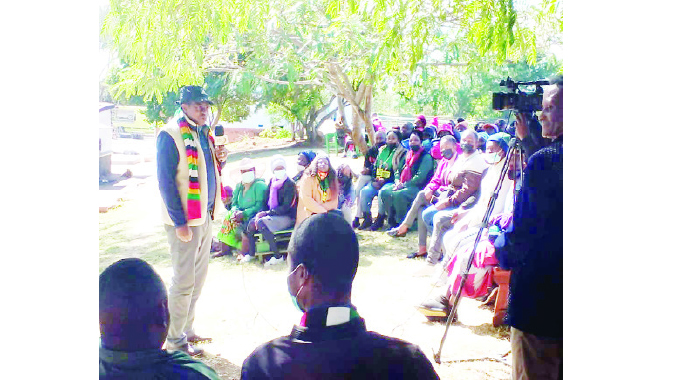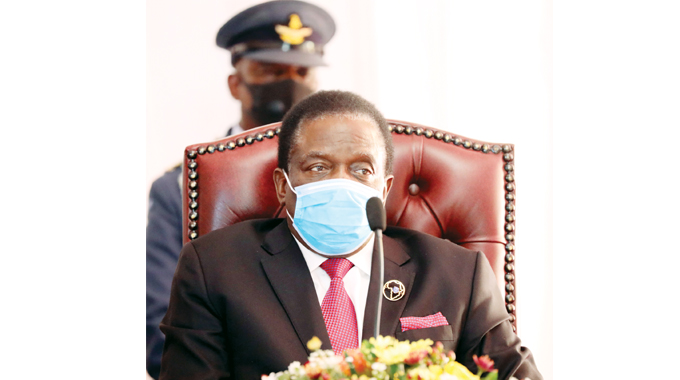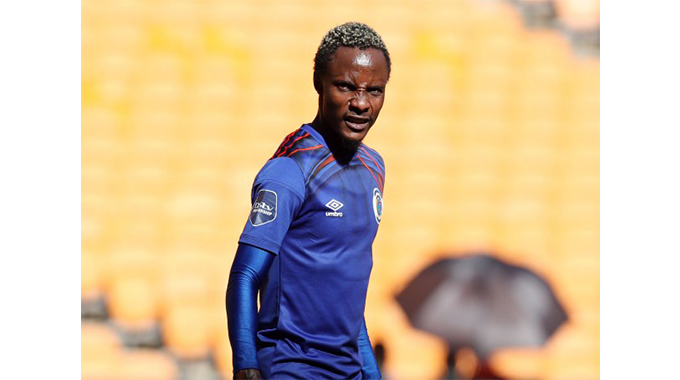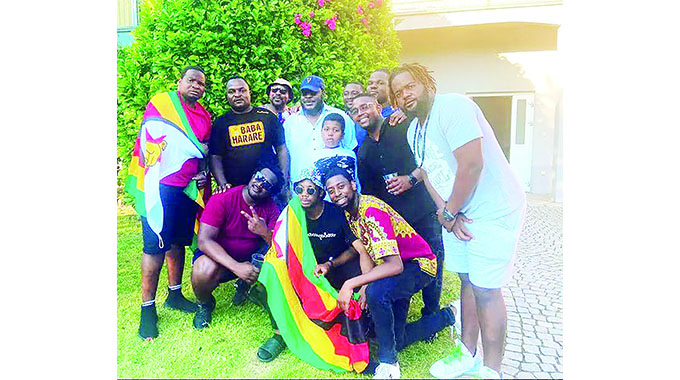Zanu-PF’s National Cell Day: tonic for grassroots mobilisation

Ranga Mataire, Group Political Editor
The ruling Zanu-PF party convened concurrent cell meetings across the country last weekend in an unprecedented move meant to empirically assess its membership ahead of the 2023 harmonised elections.
While some sections of the media sought to downplay the significance of the ruling party’s National Cell Day, many are not in doubt that the exercise is critical in rejuvenating the ruling party’s grassroots ahead of next year’s elections.
Unlike some opposition political parties that have struggled to establish national grassroots structures, Zanu-PF has since independence remained structurally strong across the country. The constant audits of the structures partly explain the ruling party’s hegemonic dominance in the country’s political space.
The Zanu-PF constitution states that a cell is an organ of the party in urban or in rural areas composed of the chairman, the secretary, the secretary for security, the treasurer, the political commissar and two committee members. The members will hold office for a period of a year. It consists of members that may be determined by the party’s Central Committee.
Ten cell committees make up a branch. In other words, the cell is the nucleus of the party, a real vanguard that is the custodian of the party’s aspirations within communities.
As a revolutionary party, Zanu-PF differs from other political entities that tend to exploit intermittent discontent within the electorate. Zanu-PF has a clearly defined ideological framework birthed in the liberation struggle and has glued membership in the post-liberation period. It’s a party well steeped in the aspirations of the masses and is pro-majority in its policy making and is guided by the need to fundamentally empower the masses to be the masters of their destinies.
Founded on socialist ideological principles, which among other things emphasise the need for equality among all races, tribes or classes in a typical egalitarian set up, the revolutionary Zanu-PF has managed to remain relevant in that it has adapted to the dynamics within the social, political and economic frontiers through the enunciation of policies that favour the previously marginalised black majority.
The party’s affirmed brand of socialism does not put much emphasis on class struggle but has a dose of a democratic dimension that differentiates itself from the bureaucratic despotism that led to the collapse of a number of governments and parties in Eastern Europe.
The enduring nature of the revolutionary party’s brand of socialism is found in its accommodation of both private and public enterprises – working in harmony with the other and not in contradiction. The two are partners in development and not antagonistic forces. This unique form of socialism is rooted in the socio-economic philosophy that respects freedom of the Press, expression, association, assembly, independence of the judiciary and adherence to the rule of law.

Protection, security, development, happiness and satisfaction of basic needs of individuals are central to its beliefs and regards tribalism, regionalism, ethnic chauvinism, racism and nepotism as an aberration.
So, while other political parties spend much of their time whining about perceived misdemeanours by the Government for the attention of their handlers, Zanu-PF is always on the ground, in touch with the masses and explaining its policies and their impact on their general populace.
It is commonplace for one to get into an area and ask for a Zanu-PF cell, branch or district chair and you are immediately directed to one but the same cannot be said of other political parties. This clearly exemplifies the party’s visibility and connectedness with the masses.
Some may ask why the National Cell Day is so significant in the life of a revolutionary party like Zanu-PF?
The answer is simple. Cells need to continue being verified because there is inevitable movement of people from time-to-time. Some people are either transferred by their employers to other places while others may be resettled in other areas. It thus becomes imperative to constantly verify the cells and quantify members who are registered to vote.
A cell register comprises 50 members and these are aligned to a particular polling station where they will be voting come election time. This strategy of keeping cells vibrant and intact is called spider-web strategy in that it links cells together and makes sure there is connectivity. It works in such a way that since the cell is the nucleus of the party, it becomes the basis for mobilising members, educating them on the importance of voting and the importance of supporting the ruling party.

President Mnangagwa
It is through the cells that masses are constantly reminded that it is the revolutionary party that has addressed the main national grievance of land, which was at the core of the liberation struggle.
The idea of going to the cells is also to ensure that come elections, the revolutionary party has credible structures capable of mobilising masses to rally behind President Mnangagwa and other party representatives at both parliamentary and local government levels.
And since the coming of the New Dispensation, the focus is no longer just on politics but on economic deliverables. Wherever the President goes to address the people, there is always an economic activity that he is expected to commission or assess its progress. The need to improve the welfare of the masses through economic development is thus at the centre of the governing party’s economic thrust.

Voting
It is an uncontested fact that Zanu-PF has continued to dominate the political arena because its policies have remained focused on mass empowerment as opposed to the creation of “bass boys”. Another undisputed fact is that the revolutionary party has remained popular and more visible because it is structurally strong given its grassroots support propelled by its cells, branches, districts and provincial leadership.
What has remained clear for the electorate over the years is that voting for Zanu-PF ensures that the country, its wealth, its resources and its sovereignty is not surrendered to colonial Britain, white Rhodesian or the black Western lackeys masquerading as alternative national leaders.
With 2023 on the horizon, there is no doubt that Zanu-PF’s mobilising machinery stands ready to galvanise its solid structures around its candidate, President Emmerson Mnangagwa.










Comments